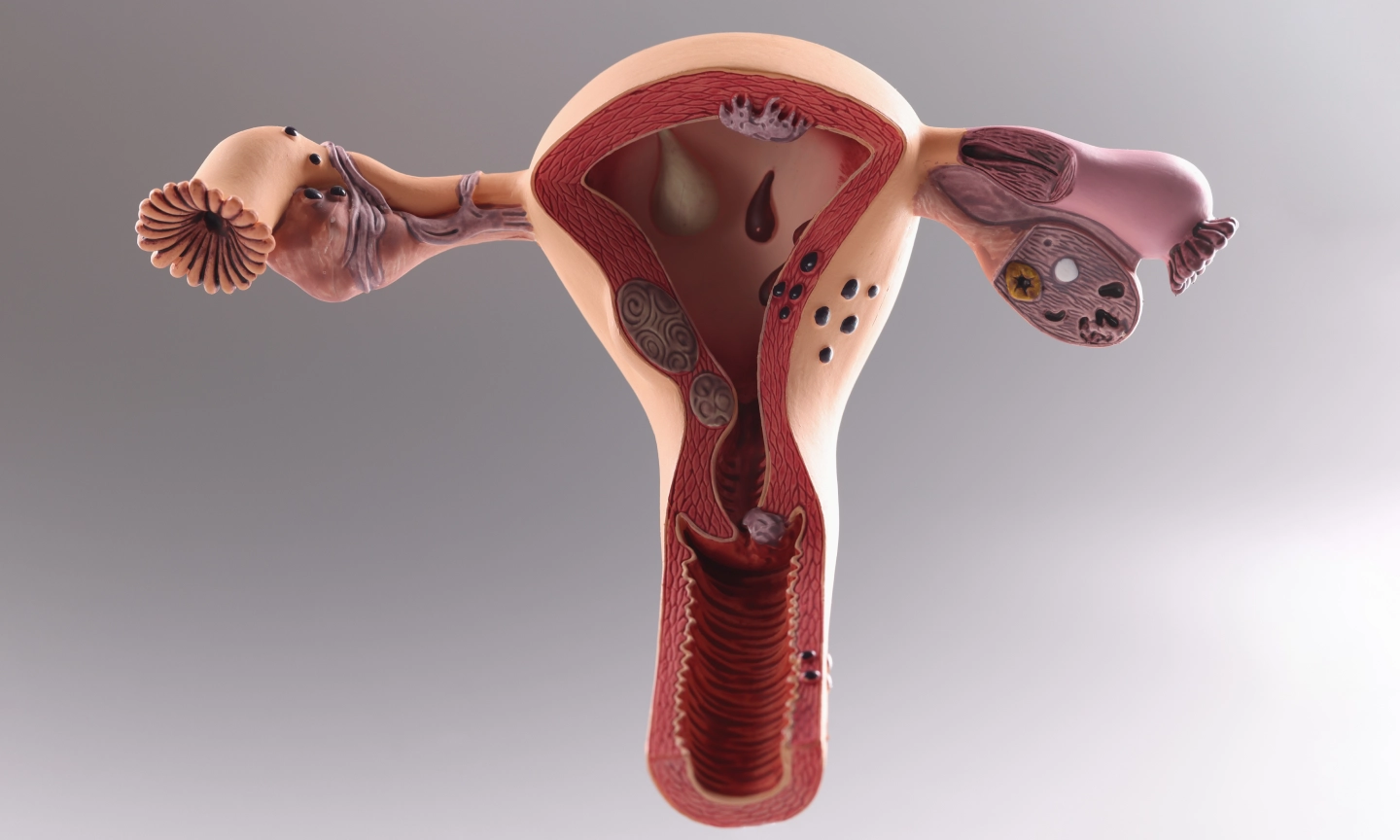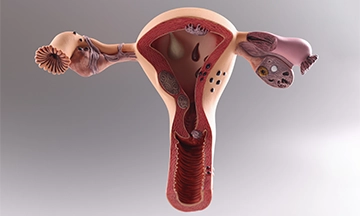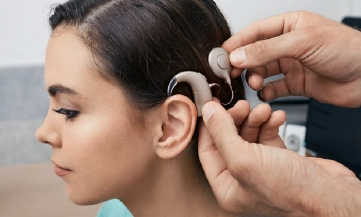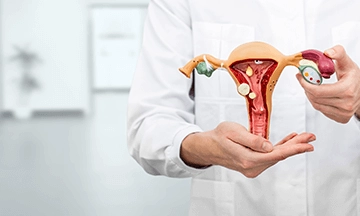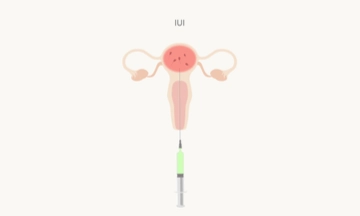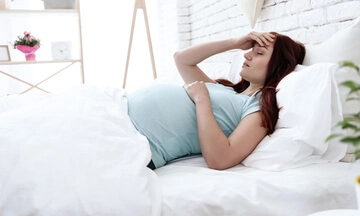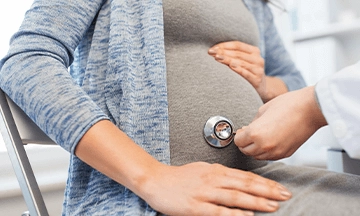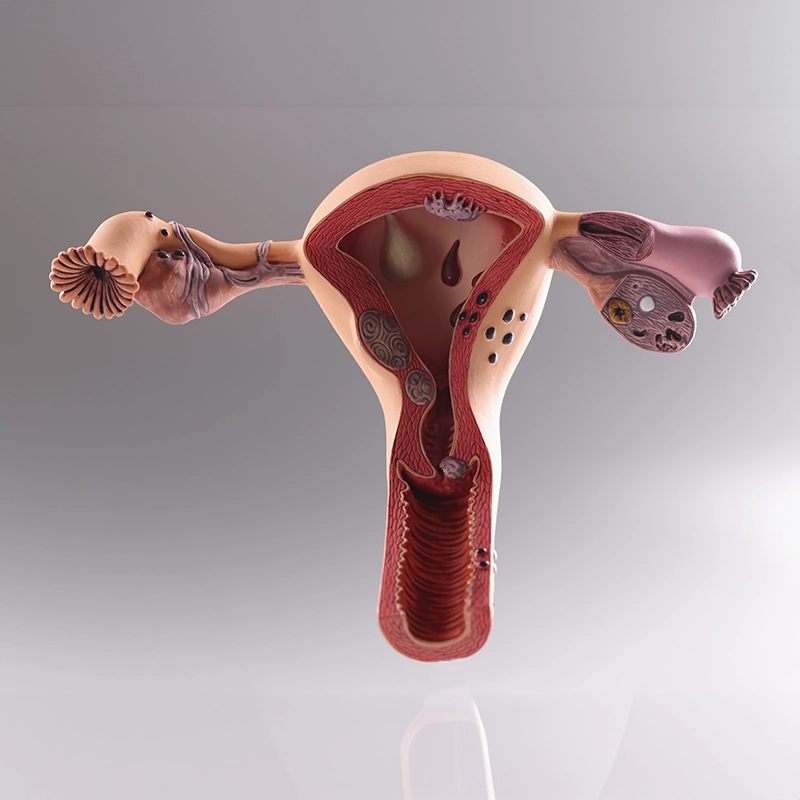
Abnormal uterine bleeding (AUB) is bleeding from the uterus that is longer than usual or that occurs at an irregular time. Bleeding may be heavier or lighter than usual and occur often or randomly.
AUB can occur:
- As spotting or bleeding between your periods
- After sex
- For more days than your normal period
- Heavier than normal
- After menopause
Impact AUB can have on women’s lives:
- It impacts women’s lives socially, mentally and physically.
- Pain, tiredness, lack of energy, long menstrual cycles with almost hourly changing of tampons and pads, the overall feeling that life must be planned around periods—these are just some of the ways AUB may affect daily life.
- For some women who suffer, AUB may be a sign of an underlying health problem. Blood loss from AUB can lead to iron-deficiency anemia, which can cause shortness of breath and increase the risk of heart problems. AUB is also the most common symptom of endometrial cancer.
Why aren’t women seeking treatment for AUB symptoms?
- Health literacy: Women reported confusion regarding the term “normal” when it comes to periods. Many people in their 40s think it’s a symptom of menopause There was also reported misunderstanding about the role of cervical Pap smears and an overall lack of access to appropriate information.
- Taboo/normalization: The historical stigmatism about gynecological health still carries into today, as many women stated they are unable to openly discuss their experiences with menstruation. Embarrassment about exposing their body and/or possible bleeding during a consultation as well as fear of the gynecologic exam (for reasons of pain and/or embarrassment) were other commonly reported barriers. Women also stated they often prioritized other health issues over uterine health.
- Health care workers: Many women’s first point of contact for AUB treatment is not a gynecologist, but rather, a general practitioner (GP). Or quacks in India. Women stated feeling uncomfortable speaking with male doctors about uterine health. Women who did discuss their experiences reported feeling that their symptoms were dismissed by their GP. Other women stated that they had previously received an inaccurate diagnosis or inappropriate treatment.
Causes
- Polyps: growths, or small clumps of cells, that form when cells in the lining of the uterus overgrow
- Adenomyosis: the result of tissue that normally lines the uterus growing into the uterine wall
- Leiomyoma: benign tumors in the uterus, often called fibroids
- Malignancy and hyperplasia: when the lining of the uterus (endometrium) becomes too thick
- Coagulopathy: when the body’s ability to clot is worsened, usually due to reduced levels or absence of blood-clotting proteins
- Ovulatory dysfunction: a very common cause of abnormal bleeding and occurs when ovulation is abnormal, irregular, or absent
- Endometrial: abnormal functioning of endometrial tissue
- Iatrogenic: when bleeding could be the result of birth control, other hormonal drugs, or other medications
- Not otherwise classified: when doctors can’t discern one specific cause for bleeding issues
If the diagnosis still is not apparent after a physical exam, testing through ultrasound, endometrial biopsy, and other tests.
Treating Abnormal Bleeding
Many conditions can be treated with medication. If there is an infection, antibiotics will be called for. For many of the uterine sources of bleeding hormone treatments such as birth control pills, progesterone pills, or intrauterine devices (IUDs) that help regulate and lighten periods.
When conservative treatment doesn’t work or for uterine growth conditions such as polyps or leiomyoma, patients might require minimally invasive surgery to remove abnormal tissue. In severe cases, and generally, only when women are done with fertility, the doctor might recommend a hysterectomy to remove the uterus for definitive treatment. However, women should never feel pressured into hysterectomy as their only option since we have many treatment options available today.
Bleeding that interferes with life is not “normal,” and you don’t have to live with it. Help is available, whether you’re a teen who’s just starting to deal with abnormal bleeding or a woman in perimenopause who’s struggled for years.




